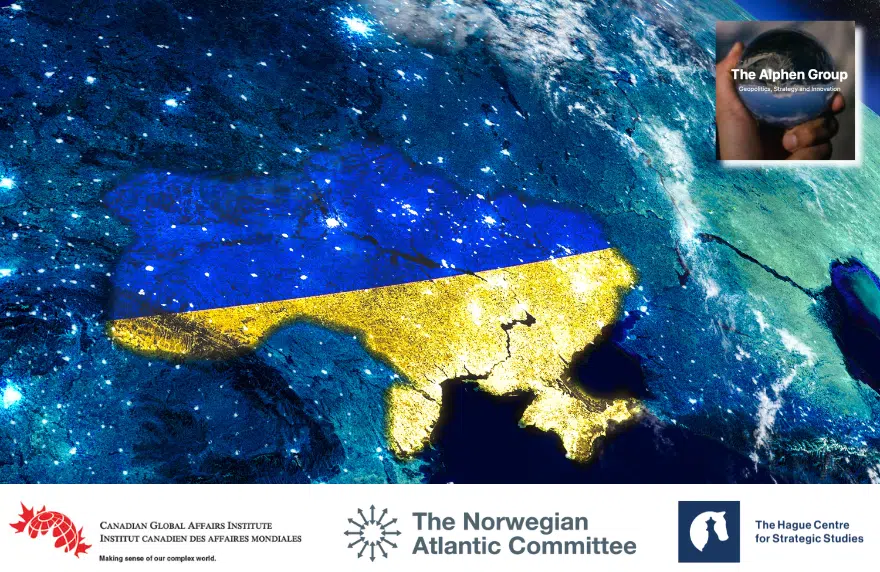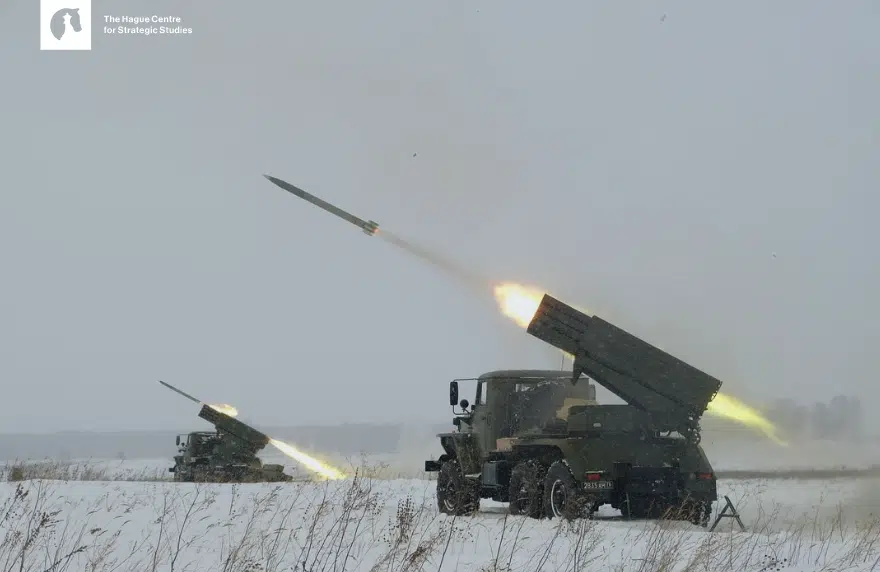As Russia’s war of aggression enters its second year, the Western definition of success must remain the re-establishment of Ukraine as a secure and sovereign European democracy with all the rights and responsibilities that entails. The critical issue the TAG Ukraine Strategy 2023 (the Strategy) thus addresses is the scope and extent of Western support required to reinforce that goal across the diplomatic, informational, military and economic domains. For the purpose of the Strategy, “the West” encompasses the Euro-Atlantic Community and those members of the G7 and beyond, such as Australia, Japan and South Korea, the policies of which are largely aligned.
Specific aims are threefold:
- to bring the war to an end on terms acceptable to Kyiv that deny the Russians the fruits of aggression and ensure that Russia does not invade Ukraine again;
- to restore Ukraine as an independent state in full control of its internationally-recognized borders, with the capability to deter and defeat any further Russian aggression; and thereby
- to demonstrate to any potential aggressors that the democratic nations will defend the rules-based international order.
2023 will be the decisive year of the Russian-Ukraine war. The prospect of a total Russian victory that would see the complete dismemberment of an independent Ukrainian state, although by no means impossible, seems remote. However, Ukraine will only prevail with sustained and extensive Western support.
Continued Ukrainian advances and recovery of still-occupied territory cannot be assumed and Russia may have sufficient capability to repel Ukrainian offensives and force a stalemate. Russia enjoys far more strategic depth and industrial capacity than Ukraine which is precisely the reason why Western support remains indispensable.
Beyond the future of Ukraine, what is also at stake in the war is the West’s capacity to shape its strategic environment and shape the European security order on its own terms in a way that upholds the principles of the rules-based international order established following World War II. All and any collective action will involve risk.
A new European security system will be needed in order to restore respect for the principles of international law that Russia has violated and, over time, to lay the basis for a new relationship with Russia, whatever the outcome of the war. And, in the short term, it will also be indispensable in order to maintain a sufficient level of support from Western public opinion.
The Alphen Group, February 2023
Note: This second edition was prepared specifically for the European Parliament. It contains five elaborated proposals that have been worked up by members of The Alphen Group (TAG) since the first edition was published in February 2023. These proposals are: A Declaration for Ukraine; Mutual Commitments of Defence, Security and Solidarity; A Conference of Democracies on European Peace and Security; G7 plus Partners Ukraine Joint Plan of Action for the Russo-Ukraine War; and An Accelerated NATO Ukraine Membership Action Plan.






